I have looked and played around with RavenDb for a while and have started to look at MultiTenancy. Ayendes sample for multitenancy looks like this:
using(var store = new DocumentStore
{
Url = "http://localhost:8080"
}.Initialize())
{
store.DatabaseCommands.EnsureDatabaseExists("Brisbane");
store.DatabaseCommands.EnsureDatabaseExists("Melbroune");
store.DatabaseCommands.EnsureDatabaseExists("Sidney");
using (var documentSession = store.OpenSession("Brisbane"))
{
documentSession.Store(new { Name = "Ayende"});
documentSession.SaveChanges();
}
}
I don't know how each database is stored and hence the question: Will that work for large applications with a lot of tenants?
